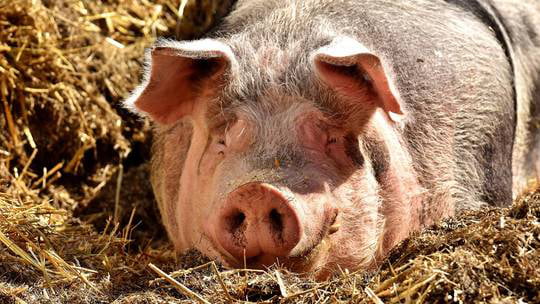
At the beginning of the year, the pig heart transplant to a human was presented (and celebrated by ignorants and fools) as another techno-scientific miracle. Two months later, the recipient (David Bennett), with a history of severe heart disease, died – and the cause was found in the graft.
Initially, to produce the “suitable” heart, the pigs from the biotech company Revivicor had undergone at least a dozen genetic mutations. Some involved the removal from their DNA of genes that could accelerate the rejection of the transplant by the recipient. Others involved the addition (always to their DNA) of human genes that could facilitate the acceptance of the transplant.
Moreover, as is the case even in human-to-human transplants, the recipient had undergone suppression of his immune system so as not to react to the foreign body. Ultimately, Bennett died due to infection from a porcine virus, the porcine cytomegalovirus, which was transmitted to his body along with the heart… Under normal conditions, this virus does not affect humans. But under conditions of immune suppression (it was proven) it infects…
Despite the triumphant claims of initial transplant success, there are many serious doctors who worry that xenotransplants will cause new diseases in our species. Of course, they were forbidden to voice their opinions – but the infection from porcine cytomegalovirus proves they were right. Can such an organ be sterilized? Revivicor had claimed that its graft was free of viruses, but this should probably be considered more of a commercial tactic rather than something that can be considered realistic.
Consequently; The mutations of cultivated animals (and plants) will continue, but not yet for the production of human spare parts…
